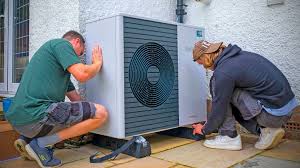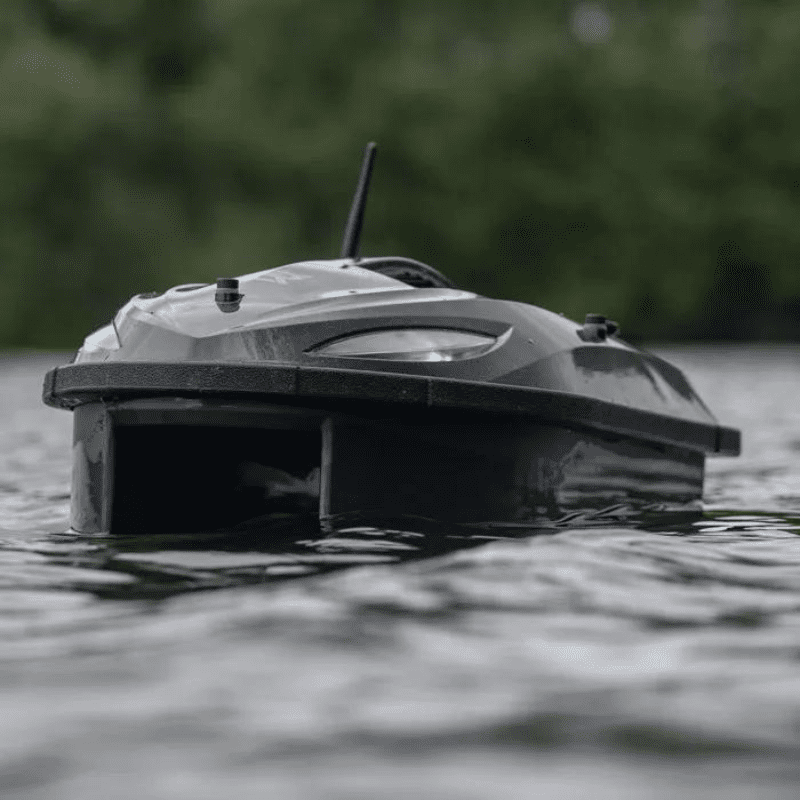
Understanding the Basics of Heat Pumps
Heat pumps are increasingly gaining attention as an efficient and eco-friendly alternative to traditional cooling and heating systems. They work by transferring heat rather than creating it, making them a green option to maintain the temperature of your home throughout the year.
What Is a Heat Pump?
The heat pump (tepelné čerpadlo) is a device that transfers heat from one place to another. It is comprised consisting of an outdoor as well as an indoor unit connected by refrigerant lines. The system uses a refrigerant that absorbs and releases heat as it circulates through the system. In the winter, it extracts heat from the outside air (even even when the temperature is cold) and then transfers it into to warm your home. In the summer it reverses the process as the pump takes heat from the inside, and then releases it out, thereby cooling your home.
Types of Heat Pumps
Air Source Heat Pumps (ASHPs): These are the most commonly used and work by exchanging heat with outside air. They are further divided into:
Heating devices that transfer heat between the air outside and inside.
Water-to-Air Heat Pumps transfer heat to the water in the form of a hydronic system. It is then used to heat your home through the radiator and underfloor heating.
Ground Source Heat Pumps (GSHPs) also referred to as geothermal heat pump, these systems transfer heat to the ground. They tend to be much more effective than air source pumps because ground temperatures are relatively constant throughout the year.
Water source heat pumps: They use water from a well, lake or river as the medium for exchange of heat. They are less common however they can be extremely efficient if you have a suitable water source close to.
Benefits of Heat Pumps
High Efficiency in Energy: Heat pumps can provide up to three times more heat energy to a home than the electricity they consume. This high efficiency can lead to significant savings on energy bills as compared to traditional heating systems.
Environmental Impact: By reducing reliance upon fossil fuels, pump help reduce carbon emissions, which makes them a greener choice to heat and cool.
Versatility: Heat pumps offer both heating and cooling capabilities, making them a versatile option for year-round comfort.
Durability: If properly maintained, heat pumps can last 15-20 years. That’s a lot longer than the majority of traditional heating and cooling systems.
Considerations
Initial cost: Heat pumps can have more upfront costs compared to conventional systems. However, this can be offset through lower running costs as well as government incentives.
Efficiency at extreme temperatures The modern heat pump work well in a wide temperature range however, their effectiveness may be reduced when temperatures are extremely cold. It is important to select a system suited to the local climate.
In short, heat pumps represent an excellent investment in green energy and sustainability. Their ability to provide both heating and cooling, combined with the long-term savings they provide and a reduced carbon footprint makes them an attractive alternative for modern homes.




